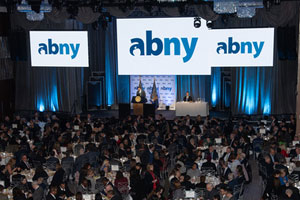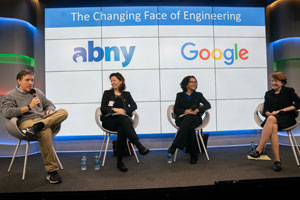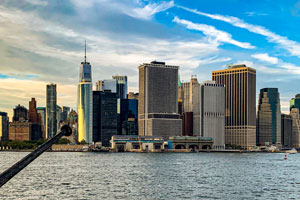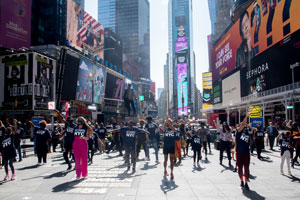July: Diversity and Inclusion
We are honoring YPs making New York a more equitable, just society through their work championing diversity and inclusivity. Congratulations to our July Spotlights of the Month, Jarrell Daniels and GavetDouangvichit!
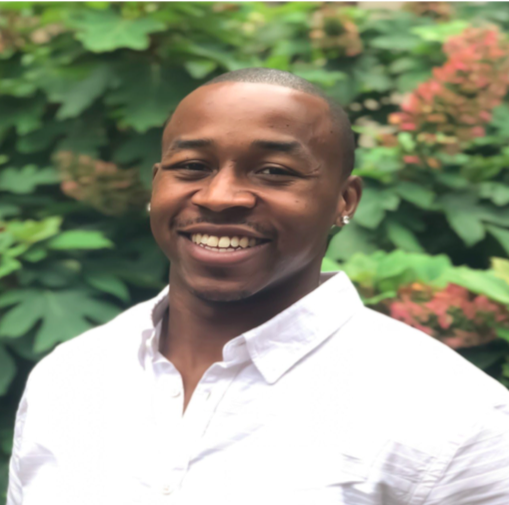
Jarrell Daniels
Much of the person I am today is in large due to people who believed that I was more than the worst mistake of my life. As I think about how I got to where I am today, I can only imagine my life as a car. After spending nearly six years in prison beginning at the age of eighteen, I can honestly say that for most of my early adolescent and young adult life it felt as though I was driving backwards. I missed all the signs that could have stirred me in the right direction. Nonetheless, I am who I am because of my experiences. I’ve been extremely blessed and fortunate to have met members of the leadership team from Columbia University’s Center for Justice while incarcerated. Upon my return to society, I was provided an employment opportunity to help lead an initiative titled Justice Ambassadors Youth Council. In addition, I’m also a sophomore at Columbia’s School of General Studies with aspirations to attend law school and hopefully emerge from that experience as a civil rights attorney.
Helping to found to Justice Ambassadors Youth Council is by far the most meaningful contribution I’ve made to NYC’s most disadvantaged communities. Each cohort is comprised of youth from throughout the city, some who’ve been involved in the justice system, and others who have not. Together they work collaboratively in a learning environment with city agency representatives to develop jointly-authored policy proposals. We’re empowering young people who have been deprived of opportunities to drive social change, to become active community change agents.
You don’t have to work in one specific area when your passionate about helping others. The reality the world we live in is that our country tends to be overly reactionary. Meaning when something happens then there is a response, oftentimes in the form of a consequence. The work of youth empowerment is not limited to policy advocacy or instructional programming, in large part, it encompasses prevention and early interventions. We cannot continue to wait for a young person to commit the worst mistake of their life before we offer programs and services. What it takes to improve the lives of our city’s most vulnerable youth cuts across a broad spectrum of things ranging from obtaining stable housing, educational attainment, and access to resources and opportunities, to navigating systems and institutions that have historically marginalized minority youth. We must continue to work across systems, agencies, and organizations for the benefit of our future generations.
Hahaha, funny question! I’d say when I publicly announced to the world that I see myself as a future New York State Senator during the recording of my TED Talk.
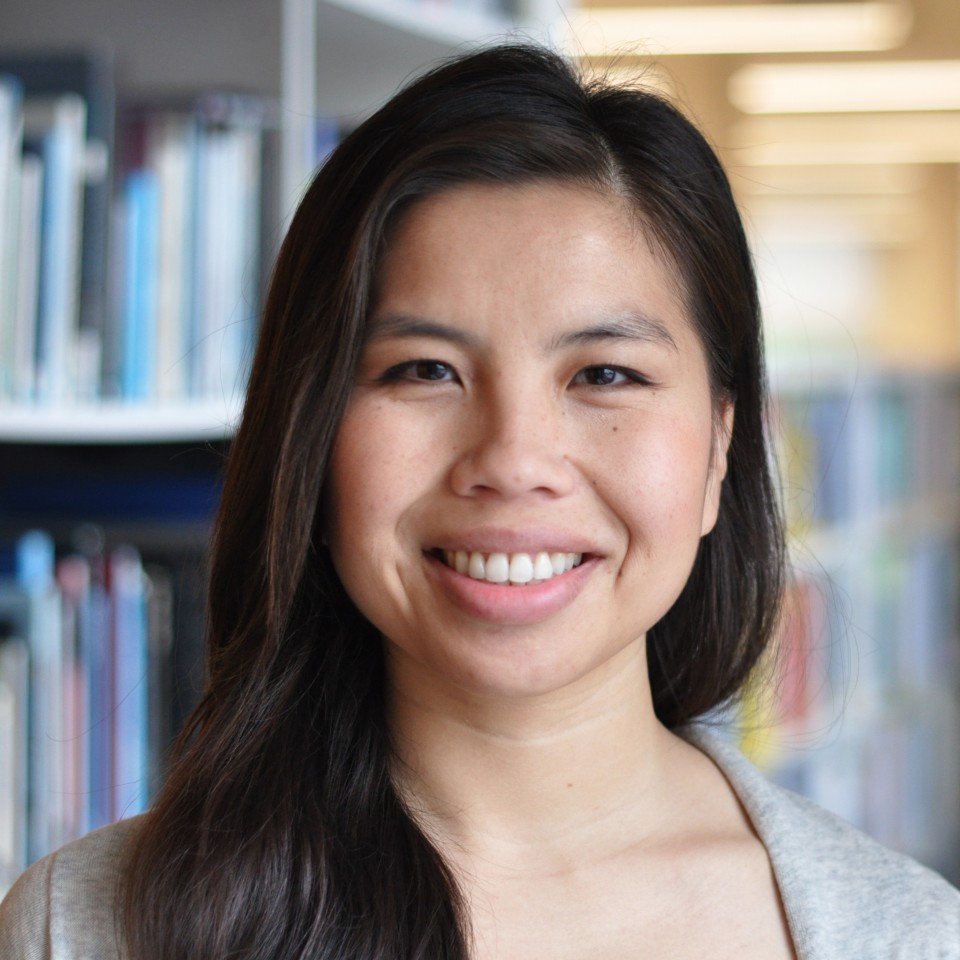
Gavet Douangvichit
I wouldn’t be here without the courage and perseverance of my parents. I was born in Laos, but only lived there for a few months before my family left the country to stay in a refugee camp in Thailand, where we lived for two years. When we came to America, we settled in New Hampshire, and my favorite pastimes became fishing and drawing. I studied art in college and focused on figure drawing, metalworking, and sculpture. I developed a serious interest in architecture because I saw it as an opportunity to improve the quality of life for people by improving their spaces and environments. I think growing up in a low-income household shaped my perception of space, and I believe that even small-scale changes can impact the way people engage and experience their surroundings. Today, I am Project Architect for a multi-family residential building under construction in Manhattan.
At FXCollaborative, I am co-founder and co-chair of FXMosaic, the firm’s employee resource group that promotes and celebrates cultural, racial, and ethnic diversity. The group leads events and discussions focused on diversity, and is open to everyone in the office. As part of FXMosaic, I have presented in panels with the National Organization of Minority Architects (NOMA) and the American Institute of Architects (AIA) about the benefits of employee resource groups. For me, one of the most important reasons for forming FXMosaic was to provide a forum to openly discuss issues and support our colleagues. As our first event, we hosted a firmwide potluck, with people sharing food ranging from their childhood favorites to different national dishes. Most recently, we presented data and hosted a discussion on the issues that minorities are facing due to COVID-19, with the Black and Latinx communities being disproportionately affected by the virus, and the rise in Asian discrimination since the outbreak. This discussion was personal and emotional for many, and was a bonding experience for many who attended. It reinforced to us why we formed FXMosaic. Also, with the current protests across the country, we are organizing discussions and events to address actionable items and explore anti-racist design initiatives, practicing our solidarity with the Black community and trying to advance change. I feel proud to be part of a firm that supports these important initiatives.
As an architect, you will spend your entire career learning new things. I think the more you embrace the journey, the better the architect you will become. Regardless of your years of experience, I believe it’s important to not take for granted people’s different types of experiences which shape their understanding of the world, and to stay open to new perspectives that can help you grow as a professional and person.
I still don’t feel like I’m a New Yorker yet, but I do think that being in New York has recalibrated my sense of time. When I lived in New Hampshire, a 20-minute commute meant you could drive 20 miles to another city. In New York City, a 20-minute commute means you may be walking 1 mile, or taking the subway to cover the same distance for the same amount of time.

